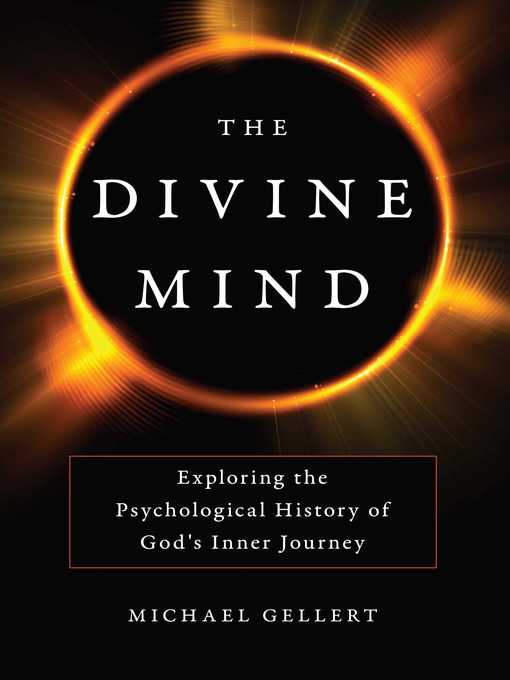
The Divine Mind
Exploring the Psychological History of God's Inner Journey
کتاب های مرتبط
- اطلاعات
- نقد و بررسی
- دیدگاه کاربران
نقد و بررسی

October 9, 2017
Jungian analyst Gellert (Modern Mysticism) crafts a psychobiography of the Abrahamic God across Judaism, Christianity, and Islam in this perceptive study. For the first half of the work, he offers close readings of stories in the Hebrew Bible to show how Yahweh’s rages, extreme punishments, and jealousies all point to a flawed, broken psyche. His treatment of the Talmud, New Testament, and Quran as middle stages where God has retreated from direct contact feel slightly rushed, but they pave the way for his real interest in mystics. A careful selection of thinkers shows how all three traditions leave room for the mystic paradox that God is both nothing and everywhere. Gellert’s inconsistent views of the Islamic perceptions of God—calling the Quran a step backward but also lauding the early Muslims mystics—strains his overly simplistic chronological linear model. But his final chapter on how mystic understandings of God can explain massive evils like the Holocaust highlights the utility of his diffuse interpretation of the nature of God for contemporary believers. Though some traditionalists will bristle at Gellert’s view of an evolving, passionate God, his work offers a bridge between the present-yet-harsh God found in the Bible and the seemingly-absent-but-ever-loving God contemporary churches, mosques, and synagogues worship. Agency: Kimberley Cameron & Associates.

























دیدگاه کاربران